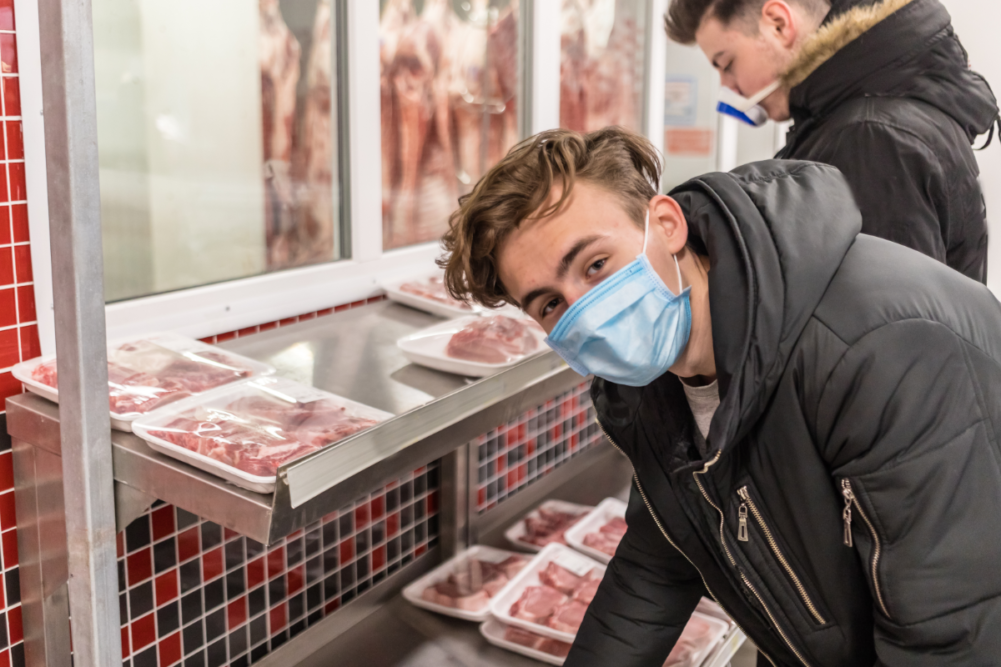MOORESVILLE, NC – Midan Marketing is conducting research to determine both short- and long-term impacts of the coronavirus (COVID-19) pandemic on American consumer habits within the meat industry.
The company has surveyed consumers on how they have adapted their meat buying habits in response to COVID-19. Midan predicts that just as historical events like the 2008 financial crisis resulted in both short- and long-term impacts on consumer behaviors, COVID-19 will have a similar impact.
The survey found that millennials are experiencing heightened awareness of the pandemic and behaving differently than other generations. The largest living generation is purchasing 37% more meat compared to the general population which is purchasing 20% more meat. Millennials are also more concerned about food safety (50% vs. 35% of the general population), freezing meat more often (68% vs. 48%), stocking up on meat more (61% vs. 32%) and about limited meat supplies in the future (84% vs. 64%).
“Millennials are the largest living generation and most diverse," said Michal Uetz, principal of Midan Marketing. "They are about to move into their prime spending years. They are the present and future meat buyer. This consumer segment engages with the meat department differently than older generations. They want transparency and during a time like we are currently experiencing, it is more critical than ever to communicate with them at the meat case.”
Responses to Midan’s survey also showed that consumers of all ages have a new consideration for food safety, and indicated they are more concerned about how products are handled and packaged during the pre-purchase phase. Consumers are also concerned about the long-term impact COVID-19 will have on meat shopping resulting from empty meat cases appearing in stores throughout the pandemic.
Uetz suggests that retailers take advantage of the opportunity to share food handling and safety information with customers that includes details about handling practices during packaging, transportation and stocking.
He also noted that additional communication from processors and retailers is needed to assure consumers there is an abundant supply of products and that any limits placed on the number of meat items shoppers can purchase per visit is to help manage product re-stocking flow.
“This is an unprecedented time and we will need to continue to monitor and adjust our product and service education and marketing to meet the changing demands of our consumers,” said Uetz. “What we’re doing today may not work in a couple of months, and it’s more critical than ever that we have plans in place that allow us to pivot and meet the demands of the consumer.”

